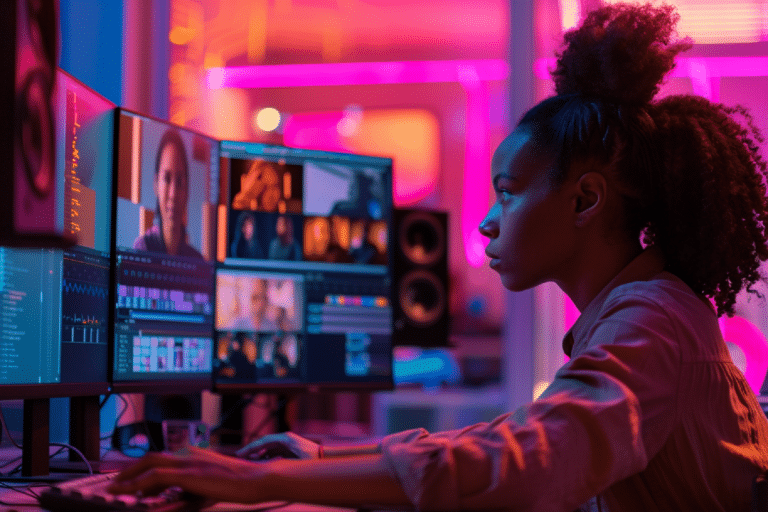The possibility of cloning individuals through artificial intelligence has proven to be one of the most influential technological innovations of the last decade. This advanced technique, which transforms science fiction concepts into tangible realities, is revolutionizing both the digital realm and the real world. However, while digital cloning offers fascinating possibilities, it also carries significant risks that require strict attention.
Digital cloning relies on advanced techniques such as natural language processing and deep learning to create realistic digital replicas. Ximo Lizana, professor of neuroscience and expert in artificial intelligence at Universidad Europea, notes that “among these advances, deepfakes that manipulate images and voices stand out for their ability to deceive even the most attentive viewers.” The risks associated with this technology are significant. One of the most obvious dangers is fraud and identity theft. A recent incident in Asia clearly illustrates these risks: “A company lost 25.3 million dollars due to a fraudulent call generated by an AI simulating the voice of an executive,” he explains. This type of fraud, in which the voice is cloned to deceive employees and carry out unauthorized transactions, underlines the urgent need for strong protective measures.
Misinformation and manipulation are other significant risks. “Deepfakes can distort reality and manipulate public opinion, affecting everything from elections to the reputation of public figures,” warns Professor Lizana. Advanced detection technologies are being developed to address these challenges. Tools such as forensic analysis of media and deepfake detection models are being used to identify inconsistencies and patterns of manipulation in digital files.
The expert emphasizes the crucial role of governments in regulating and preventing AI-related fraud. “Developing specific legislation and supporting research into detection technologies are crucial steps to address these risks,” Lizana emphasizes. Furthermore, the impact of digital cloning on public trust is significant. “The misuse of AI clones can undermine public trust in the technology and affect the credibility of information and online transactions,” he explains. As the technology continues to advance, the introduction of "digital common sense" and appropriate regulation becomes essential to minimize the risks and maximize the benefits.





